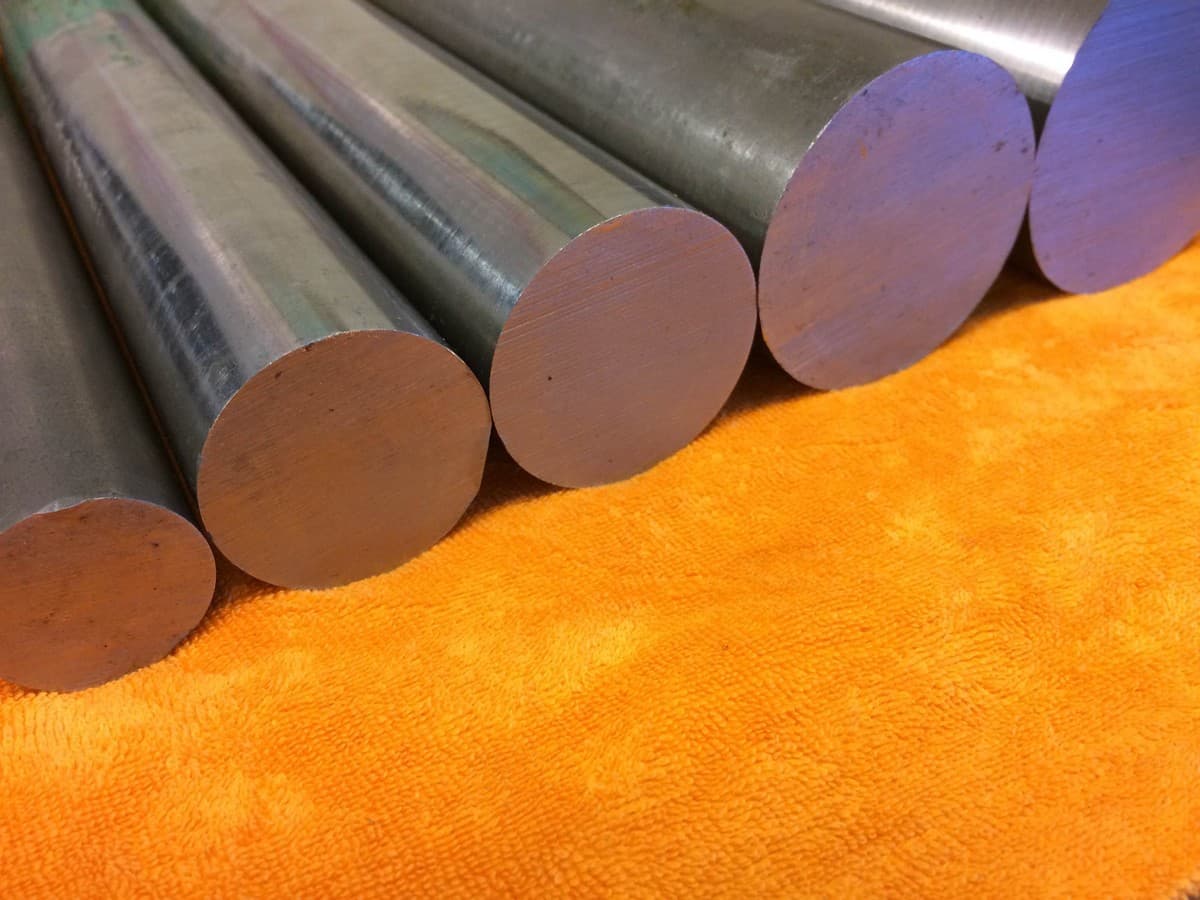
If you are sourcing high-strength steel for heavy-duty engineering applications, EN24T steel is a material you must understand thoroughly. Also known as 817M40, EN24T is a popular high-tensile alloy steel known for its excellent combination of strength, shock resistance, and ductility.
What is EN24T?
EN24T is a nickel-chromium-molybdenum alloy steel. It is supplied in the "T" condition, which means it has been hardened and tempered to a specific tensile strength range of 850–1000 N/mm². This specific heat treatment process gives the material its high fatigue strength and resistance to wear, making it ideal for components subject to high stress.
EN24 vs EN24T: Understanding the Difference
You might often see inquiries for "EN24" and "EN24T" used interchangeably, but the distinction is critical for procurement:
- EN24: Refers to the base material grade (composition only) usually supplied in an annealed condition, which is softer and easier to machine but lacks high tensile strength.
- EN24T: Refers specifically to the material in the hardened and tempered "T" condition. This is the finished, high-strength state ready for heavy-duty applications.
At Nifty Alloys LLC, we ensure that when you order EN24T, you receive material that meets the precise mechanical properties required for your specific engineering needs.
EN24T Chemical Composition
EN24T Mechanical Properties
EN24T Heat Treatment
EN24T Equivalent Grades
EN24T Applications
EN24T Available Forms
EN24T Price

Elevate Your Projects with
with
 Our Superior Steels
Our Superior Steels


Nifty Alloys LLC is a trusted EN24T Alloy Steel supplier in the UAE, delivering premium-grade nickel-chromium-molybdenum alloy steels to industries across Saudi Arabia, Oman, Qatar, and the Middle East. We supply EN24T bars, plates, and rods in various sizes, sourced from certified global mills and compliant with ASTM, AISI, EN, and BS standards. Whether you need EN24T for gears, shafts, axles, or aircraft components, Nifty Alloys LLC ensures reliable quality, full traceability, and timely delivery. Contact us today for customized EN24T Alloy Steel solutions tailored to your project requirements.









